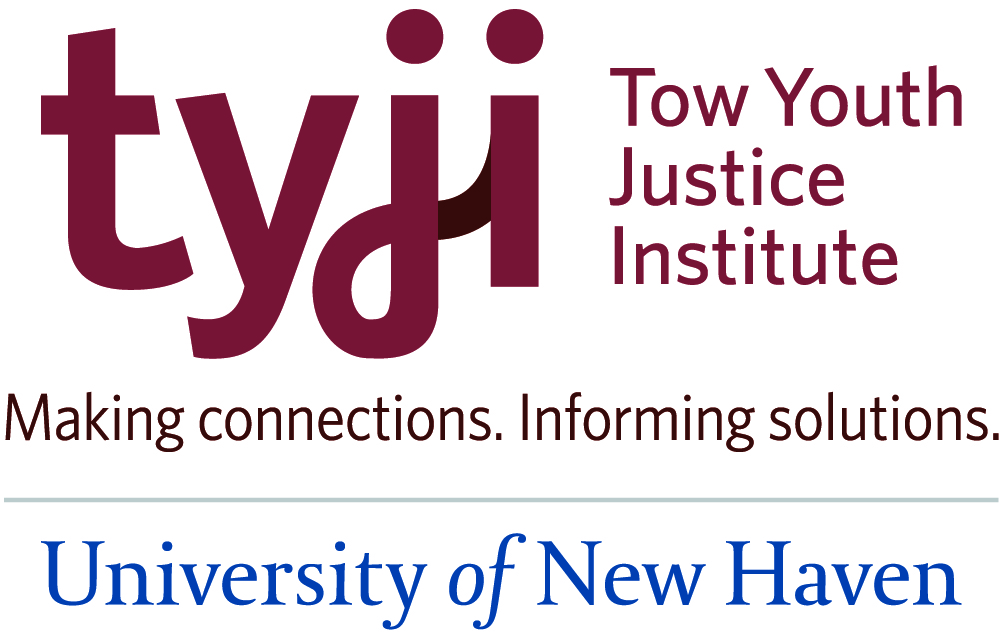Juvenile Justice Club Youth Trauma Event
Pictured left to right: Mr. William H. Carbone, Dr. Alice M. Forrester, Dr. Melissa Whitson, and Dr. Danielle Cooper. Seated are Juvenile Justice Club leaders Christyllis Douglas and Gailen Duggan.
On Tuesday, November 1st, the University of New Haven’s Juvenile Justice Club held a panel discussion for members of the University community. Youth Trauma and its Effects on Offending was discussed by several professionals in the Alumni Lounge during the evening, providing students with an opportunity to learn from a diverse range of speakers.
Speakers included William H. Carbone, Executive Director of Justice Programs and Senior Lecturer at the University of New Haven. He also serves as the Executive Director of the Tow Youth Justice Institute. Carbone has directed numerous projects that successfully reduced recidivism and reformed Connecticut’s state Juvenile Justice system through his former role as Executive Director of the Judicial Branch Court Support Services Division.
Also on the panel was Dr. Danielle Cooper, Ph.D., CPP., Associate Professor of Criminal Justice and the Director of Research at Tow Youth Justice Institute. As a Certified Prevention Professional, she works as an evaluation consultant and brings her expertise on juvenile policy, sexual offenses, and police-authority dynamics in marginalized communities.
Dr. Melissa Whitson, Ph.D., Professor of Psychology, and licensed Clinical Psychologist joined the discussion. Whitson is an expert on childhood trauma with clinical work focused on children and families. Her research explores interventions for children exposed to trauma, and she conducts program evaluations across Connecticut for youth-serving organizations.
Lastly, Alice M. Forrester, Ph.D., spoke as the Chief Executive Officer at Clifford Beers Clinic. The agency provides services addressing mental and physical health and sees recovery as a “whole”-istic practice under her leadership. Forrester has served on councils including the National Child Traumatic Stress Network and the State of Connecticut Behavioral Health Partnership Oversight Council.
The panel discussed topics surrounding juvenile justice and youth trauma interrelation, including cycles of abuse, the biological and neurological impacts of impactful events at an early age, and intergenerational trauma that can impact a child years after an event occurs.

